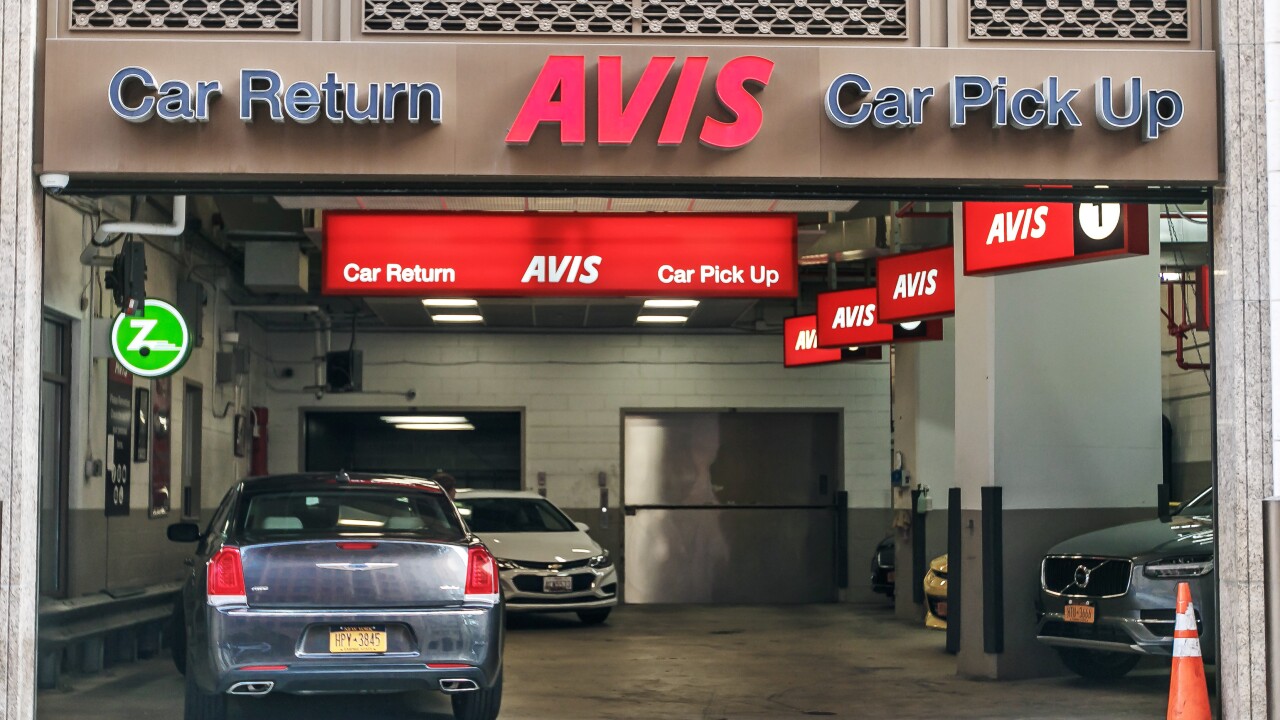Economic uncertainty and the proliferation of coronavirus-related forbearance have complicated mortgage lending in general, but for borrowers with nontraditional income, it's been particularly trying.
The government-sponsored enterprises that buy many of the country's home mortgages will purchase a loan made to a self-employed borrower if the applicant meets certain criteria, like having a two-year history of prior qualifying earnings. But consumers in this market otherwise generally have to get non-qualified mortgage loans in the private market.

Those loans, which do not protect lenders from ability-to-repay liability as the qualified mortgages do, are often sold into a private market that has gotten limited support in the wake of the pandemic. Federal officials have instead trained their focus on developing measures to address distress in government-related home mortgage markets that have
"The biggest takeout for non-QM loans has been securitization, historically. After COVID hit, the market basically shut down," said Susan Hosterman, a senior director at Fitch Ratings. "Some non-QM lenders actually stopped underwriting loans for a period of time."
But that may be changing.
"Investors are getting more comfortable getting back into buying securitizations now than they were previously because the economy is starting to open up. Some of the issuers that had stopped securitizing non-QM loans are starting to do so again. So that’s a positive sign," Hosterman said.
The private-label residential mortgage-backed securities market became notably active late last week. Examples of transactions include a deal closed by Angel Oak and transactions marketed by other issuers like Verus and
While there are various types of non-QM loans, a good percentage of the ones in the recent RMBS transactions are mortgages that had to be verified using bank statements rather than more standard documents. Self-employed borrowers typically need bank statements to qualify.
While loans from self-employed borrowers are considered risky because their income may be inconsistent, it's hard to tell how many are actually going into forbearance or may be supported by coronavirus relief package measures like the Paycheck Protection Program, which may be considered in underwriting. On average, forbearance rates across all loan types are leveling off, but those rates in the limited number of recent non-QM transactions seen to date varies widely — from 7% to 39% — with a variety of mitigating measures built into the deals to address them.
How far these kinds of deals go toward opening up non-QM lending more broadly remains to be seen. Issuers and correspondent buyers may be just testing the water with the deals currently in the market, and some securitizers have captive lending affiliates, so they don't generate business for other mortgage companies.
The Biden administration once again extended the pause on student loan payments enacted to help borrowers during the COVID-19 pandemic, this time through the end of August.
The two states' combined plans amount to over $1.5 billion of the Homeowner Assistance Fund included within the American Rescue Plan Act , which was passed a year ago.
An uptick in pandemic-related payment suspensions reflecting new or restarted plan activity previously occurred as the omicron variant spread, but activity has since subsided.
There are some anecdotal examples of correspondent investors like Silvergate Bank and Sprout Mortgage offering to buy non-QM loans that meet certain criteria, but liquidity still hasn’t returned to normal levels.
"We are currently selling non-QM to lenders who portfolio [loans] with their own funds. They tend to be more conservative, but there are options out there where bank-statement programs are still available," said Alan Rosenbaum, founder and CEO of GuardHill Financial Corp., a New York-based lender.
"There is a need for more non-QM product," he added. "We hope that liquidity returns to this sector because non-QM loans help many homebuyers and homeowners that most banks do not cater to."
Whether that will happen sooner rather than later may become clear soon, said Rachel Noonan, director at Fitch Ratings.
"I think the next one to two weeks will be pretty telling, because the May data is going to be coming out. That will give us another month of performance in this new world we are in," she said. "I think that it will be kind of interesting to see how these deals are performing compared to the assumptions we've been making and people’s expectations."







